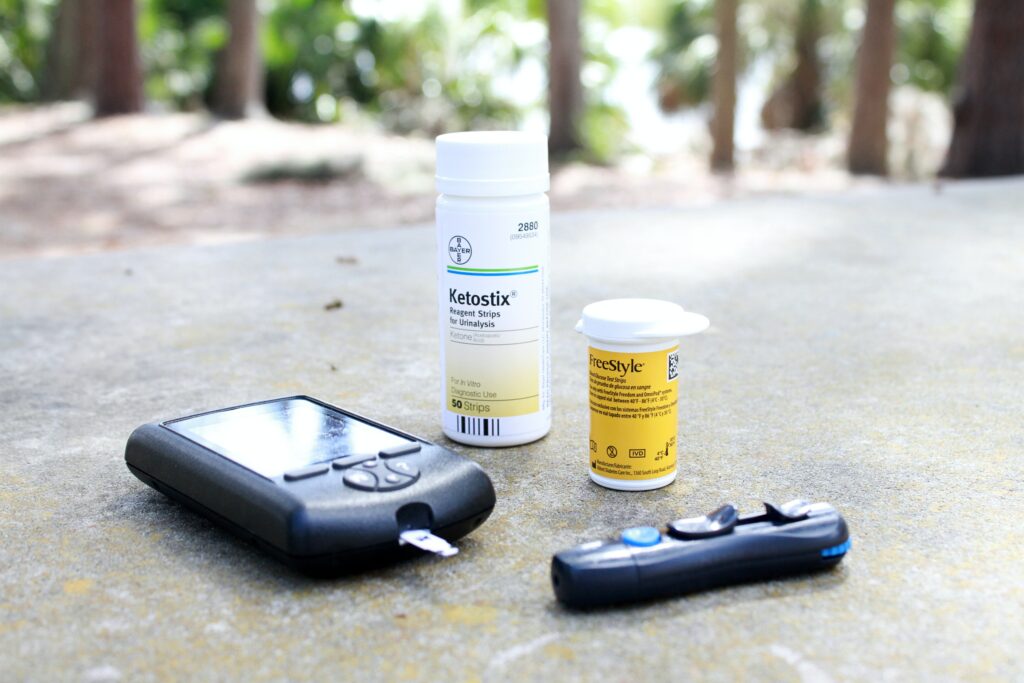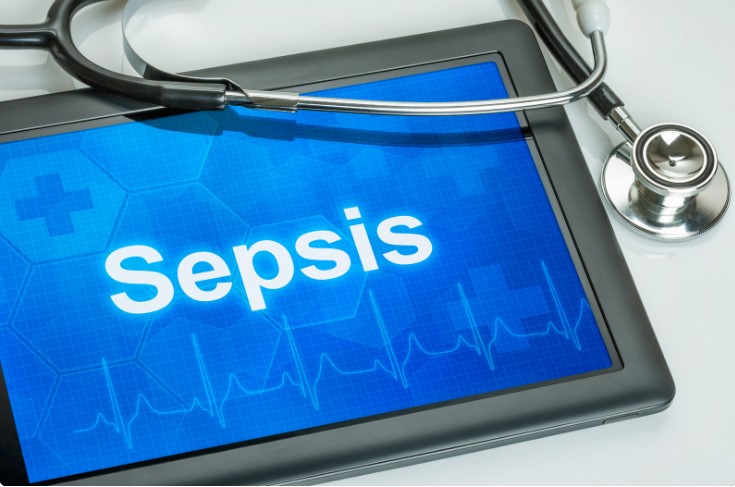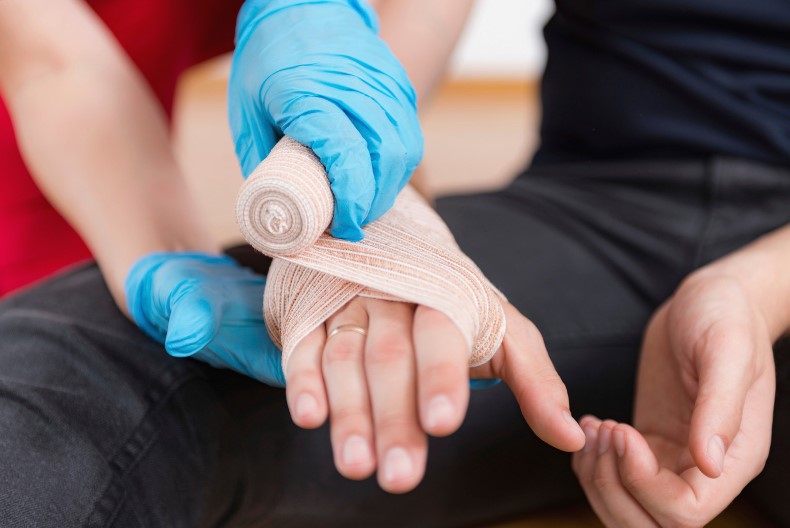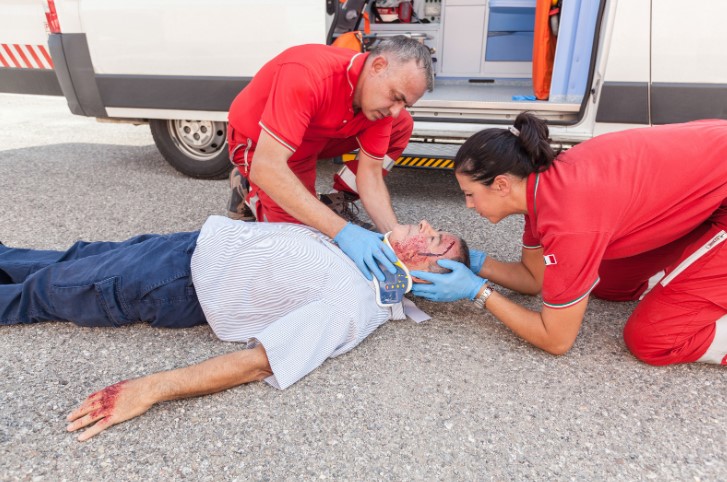Raising Awareness for National Diabetes Week 2021: Diabetes is a complex condition that is often misunderstood.
The negative attitude and beliefs surrounding this illness affect many people living with diabetes. The stigma that comes with it has a real impact on the person’s physical and mental health, even on the quality of life.
This July 11 to 17, we are celebrating National Diabetes Week in Australia. The event is a powerful way to help reduce the impact of this wide-known disease. The primary goal is to raise awareness in the community, our state, and all across Australia.
Let us reduce the blame and shame surrounding diabetes. Let us replace it with respect and compassion. In that way, people with diabetes are well-supported to live healthier and happier lives.
There is no better time to familiarise yourself with diabetes than today. To learn more about the event, keep on reading.
Heads Up On Diabetes Campaign
In 2021, we are continuing our Heads Up campaign from last year, which focuses on the mental and emotional health of people living with diabetes.
Here are some facts about Diabetes and Mental Health.
- 4 in 5 people living with diabetes have experienced diabetes stigma.
- About 50% of people with diabetes have experienced some form of mental health issues in the past 12 months.
- People with diabetes are twice likely to have depression as people without diabetes.
- Less than 50% of people with diabetes who have depression and other mental illnesses get diagnosed and treated. Without treatment, these conditions often get worse, not better.
This National Diabetes Week let us initiate conversations on the real impacts of stigma on a person’s mental and emotional wellbeing.
Campaign Background
Nearly 500 million people are currently living with diabetes worldwide, with 1.2 million found in Australia. Diabetes is, in fact, one of Australia’s fastest-growing chronic conditions.
Living with this condition can be tough as it can affect you both physically and emotionally.
There are many forms of stigma, and there are many ways for you to experience stigma. Some people have been blamed or shamed for having diabetes or any complication associated with it. Others may blame themselves or feel ashamed for having diabetes.
The stigma surrounding asthma comes from the lack of understanding of the condition. It is also sometimes based on negative attitudes or prejudice surrounding it.
Are You At Risk Of Diabetes?
Diabetes is a prevalent chronic condition affecting millions of people worldwide.
Understanding your risk of developing diabetes is essential for early detection and prevention. Several factors contribute to the likelihood of developing diabetes.
One significant risk factor is obesity or excess weight, as it can lead to insulin resistance. Sedentary lifestyles and unhealthy eating habits also increase the risk.
Family history plays a role, so having a close relative with diabetes raises your risk. Age and a history of gestational diabetes in women are additional risk factors.
If you are experiencing any of the symptoms or simply concerned for your overall health, below is a list of medical resources to help.
- Visit your local doctor.
- Visit Diabetes Australia on www.diabetesaustralia.com.au.
- Visit the First Aid Course Canberra to learn first aid.
Diabetes is a serious health condition that requires immediate treatment. If left untreated, it can lead to further medical complications such as heart attack, stroke, kidney disease, and other mental health conditions such as depression and anxiety.
Help Spread The World This National Diabetes Week
Help raise awareness about the Heads Up Diabetes campaign by spreading the word this National Diabetes Week. When available, share campaign resources and use the hashtags #NDW2021 and #headsupdiabetes on your social media pages.
Learn First Aid to know how to respond to a Diabetes emergency.








